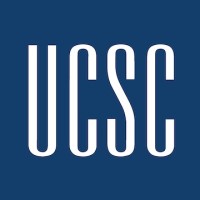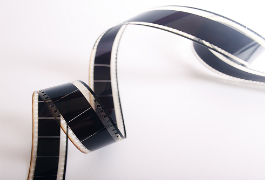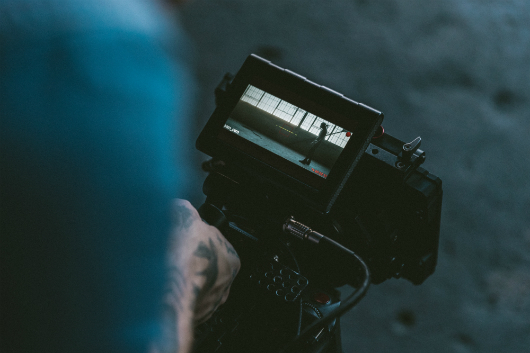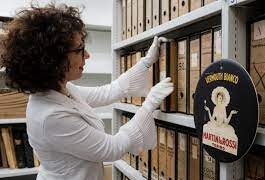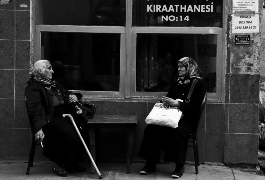Master of Fine Arts in Social Documentation (Masters)
UC Santa Cruz
Santa Cruz, CA
The Master's of Fine Arts (M.F.A.) in Social Documentation (SocDoc) is an innovative and unique interdisciplinary two-year program in the Film and Digital Media Department (FDM) that trains students to critically analyze, frame and reflect upon contemporary social issues through the art of documentary media. SocDoc M.F.A. students produce documentary video, photography and other media throughout the program culminating in well-researched, socially engaged and aesthetically crafted thesis project. In a rapidly expanding and changing field, the Social Documentation M.F.A. invites students to investigate critical social issues through an interdisciplinary approach that fuses arts based, social science and humanities research methods to the art of documentary media and storytelling. We don't just tell a story; our students go beyond the story to place individuals in context and struggles in history, deepening the public's understanding of the societies in which we live and with which we connect. Documentaries produced in the program have called attention to a range of under-recognized communities, problems, and structural inadequacies.
Upon completion of the program, Master's of Fine Arts graduates will be qualified to enter a range of documentary-related professions. Degree holders may work within industries such as public broadcasting, as independent producers and artists, at archives or museums, or within organizations committed to exploring the relationships between media and social change. As a terminal degree, M.F.A. degree holders are also qualified to teach arts, documentary and/or digital media at institutions of higher learning.
Objectives
The Social Documentation M.F.A. program aims to train graduate students in critical thinking, social science analysis, arts-based approaches, and ethical standards for engaging with and documenting underrepresented communities. Additionally, students receive training in video production, animation and new media. In supplement to this broad curriculum, the FDM Department offers one-to-two-day master classes in audio and visual production taught by professionals in the field. The program’s advisor structure requires M.F.A. students to work with faculty from FDM and across the University of California, Santa Cruz campus, providing students with a broad range of research approaches and aesthetic models for documentary practice. For example, a student may take courses in anthropology, feminist studies, history, literature and sociology wherein they learn social science and humanities research methodologies related to their topic of study. And a student will take a variety of required and elective courses within the Film and Digital Media Department where they will engage with the history and theory of documentary representations and receive technical instruction and professionalization in a variety of production and post-production techniques.
The core curriculum concentrates on critical approaches to the production of documentary media and on the role of documentary in framing and effecting social change. M.F.A. candidates may work in film or video; in photography (a book, a photo essay, gallery exhibition and/or time-based media); animation and multimedia; audio productions; and/or transmedia and web-platform projects. Graduates are expected to generate work that will have an impact on the world outside the academy and in the public realm. The M.F.A. thesis project, which constitutes the culmination of the two years of study, is to be given a public exhibition and becomes the springboard for continuing work after graduation.
Kết quả học tập của chương trình
Students who earn an MFA in Social Documentation will gain the skills, knowledge, and understanding that will enable them to:
✔ Critically analyze social issues pertaining their documentary subject matter by applying social science methodologies and will implement ethically sound community negotiation and professional and interpersonal interaction in documentary fieldwork.
✔ Acquire analytical writing skills, produce advanced project proposals and develop creative treatments.
✔ Demonstrate an understanding of historical models of documentary practices and demonstrate by using those idea in their own practice uses those ideas.
✔ Demonstrate expertise in documentary project planning.
✔ Shoot documentary video and photography with various cameras and in a variety of contexts.
✔ Implement professional lighting and sound recordings in a variety of settings and with diverse equipment.
✔ Understand and implement video and sound editing, logging and transcribing.
✔ Implement post-production video, audio and photographic output.




